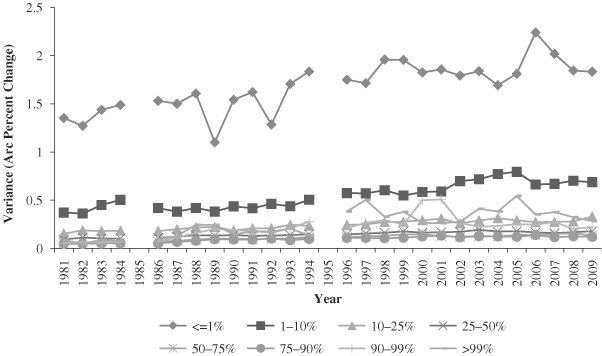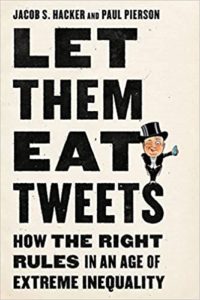Although my book-in-progress is called The Economic Consequences of the Pandemic, a lot of it will deal with changes that were already underway, and have only been accelerated by the pandemic. This was also true of Keynes’ Economic Consequences of the Peace. The economic order destroyed by the Great War was already breaking down, as was discussed for example, in Dangerfield’s Strange Death of Liberal England.
Amid all the strange, alarming and exciting things that have happened lately, the fact that real long-term (30-year) interest rates have fallen below zero has been largely overlooked. Yet this is the end of capitalism, at least as it has traditionally been understood. Interest is the pure form of return to capital, excluding any return to monopoly power, corporate control, managerial skills or compensation for risk.
If there is no real return to capital, then then there is no capitalism. In case it isn’t obvious, I’ll make the point in subsequent posts that there is no reason to expect the system that replaces capitalism (I’ll call it plutocracy for the moment) to be an improvement.
But first let’s look at the real 30-year bond rate. The US Treasury is currently offering an inflation-protected 30 year bond at a rate of -0.3 per cent. That is, if you buy the bond at say, age 35, you can get your money back, less a 10 per cent reduction in real value, when you are 65. This rate has fallen from 2 per cent, when the bond was introduced in 2010, and started declining sharply in late 2018, before the pandemic, and while the Federal funds rate was rising.

In thinking about the future of the economic system, interest rates on 30-year bonds are much more significant than the ‘cash’ rates set by central banks, such as the Federal Funds rate, which have been at or near zero ever since the GFC, or the short-term market rates they influence. These rates aren’t critical in evaluating long-term investments.
The central idea of capitalism is, as the name implies, that of capital. Capital is accumulated through saving, then invested in machines, buildings and other capital assets to be used by workers in producing goods and services. Part of the value of those goods and services is paid out as wages, and the rest is returned to capital, as interest on loans and bonds or as profits for shareholders. Some of the return to capital is saved and reinvested, allowing growth to continue indefinitely. Workers, on this account, can become capitalists too, by saving and investing some of their wages. At a minimum, they should be able to save enough, while working, to finance a decent standard of living in retirement.
But what happens if there is no return to capital? The collapse of interest rates on government means that’s already true for anyone who wants a secure investment. And the situation isn’t any different for the two remaining AAA-rated corporate borrowers, Microsoft and Johnson and Johnson. Microsoft is currently offering a rate of 2.5 per cent on 30-year bonds, and has exchanged lots of outstanding debt for new bonds at that rate (paying a 40 per cent premium for higher-interest bonds). That’s a real return of 0.5 per cent if you assume that the Fed sticks to its current 2 per cent target and hits it on average. (There’s a lot more room for inflation to surprise on the upside, in my view). If you allow a 15 per cent risk that Microsoft will go bankrupt some time before 2050, the expected real return falls to zero.
To complete the picture of returns to capital, we need to look at stock markets and corporate profits. That’ll be the subject of another post.



